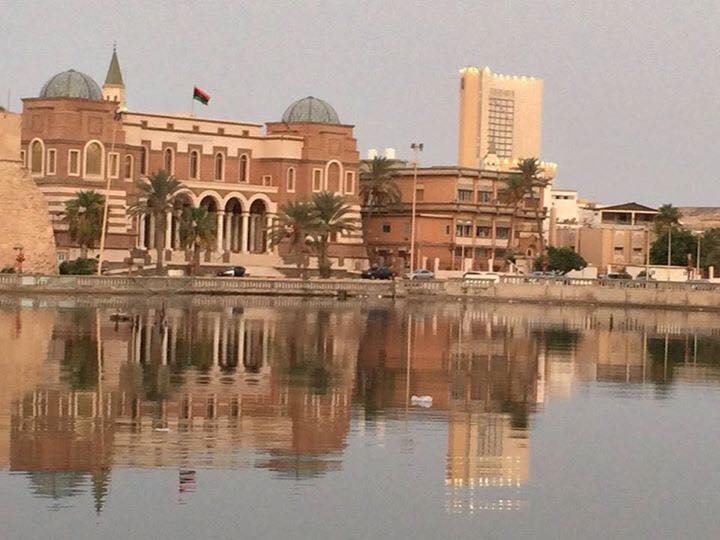By Sami Redwan
Holding our nation together

These have been very painful and difficult times for all of us who live in Libya. We have seen our country torn apart and our hopes crushed.
Before Sunday’s welcome moves towards power-sharing, there have been few shafts of light in this darkness. But without the role the Central Bank has played in holding our nation together, the position now would be far bleaker and the prospects for our future even more uncertain.
From its base in Tripoli, it has provided the funds to keep public services running across the country and continued to safeguard our national assets.
It is the Central Bank that pays salaries to millions of public employees including the doctors who staff our hospitals and the teachers in our schools. It is the Central Bank, too, which distributes pensions and the fuel and food subsidies on which families in every part of Libya depend.
When all too often our country has seen divided leadership, the Central Bank has steadfastly promoted the long-term interests of all Libyans. It has fought tirelessly to protect the funds it controls on behalf of Libya’s future generations.
These efforts have won praise from international experts. In the words of the New York Times’ David Kirkpatrick, US officials have “applauded the management for its efforts to stay neutral and avoid either the breakup of the bank or the squandering of Libya’s assets.”
And as our country seeks to put this terrible time behind it, the Central Bank’s role will be just as important. Its expertise and international reputation will be indispensable as we seek to rebuild Libya.
This is why the independence of the Central Bank – and Libya’s other national institutions, which have always been based in Tripoli and continue to operate there – are so important.
In recent months, we have seen factions outside Tripoli seek to undermine the efforts of the Central Bank. Last week, a report from the highly respected International Crisis Group called for an end to attempts “to create parallel institutions to the official ones in Tripoli”. It warned that Tobruk’s bid to create separate structures had already contributed to military escalation in Libya.
It is vital that these factions cease their disruptive behaviour. If we want to restart Libya’s economy, we need independent institutions such as the Central Bank to be allowed to work without obstruction.
We all hope that the tentative power-sharing agreement will lead to the unity and peace our country’s citizens desperately want. A strong, independent and respected Central Bank will be at the heart of this future.
Disclaimer: The views and opinions expressed in this article are those of the writer, and do not necessarily reflect those of the Libya Observer
